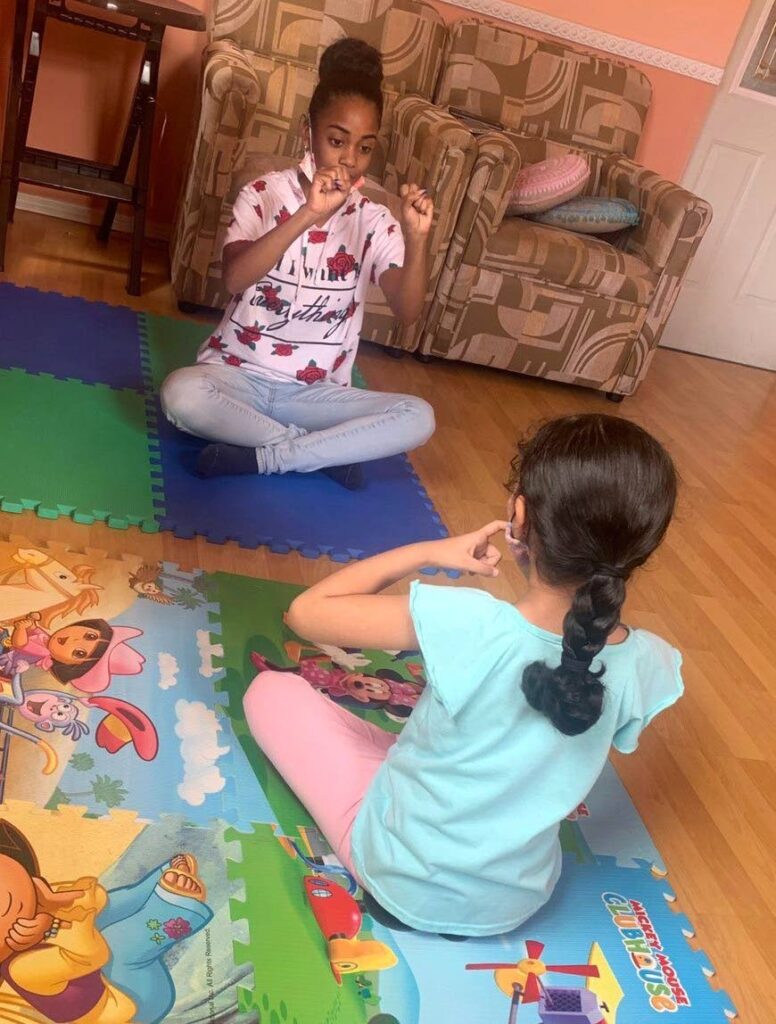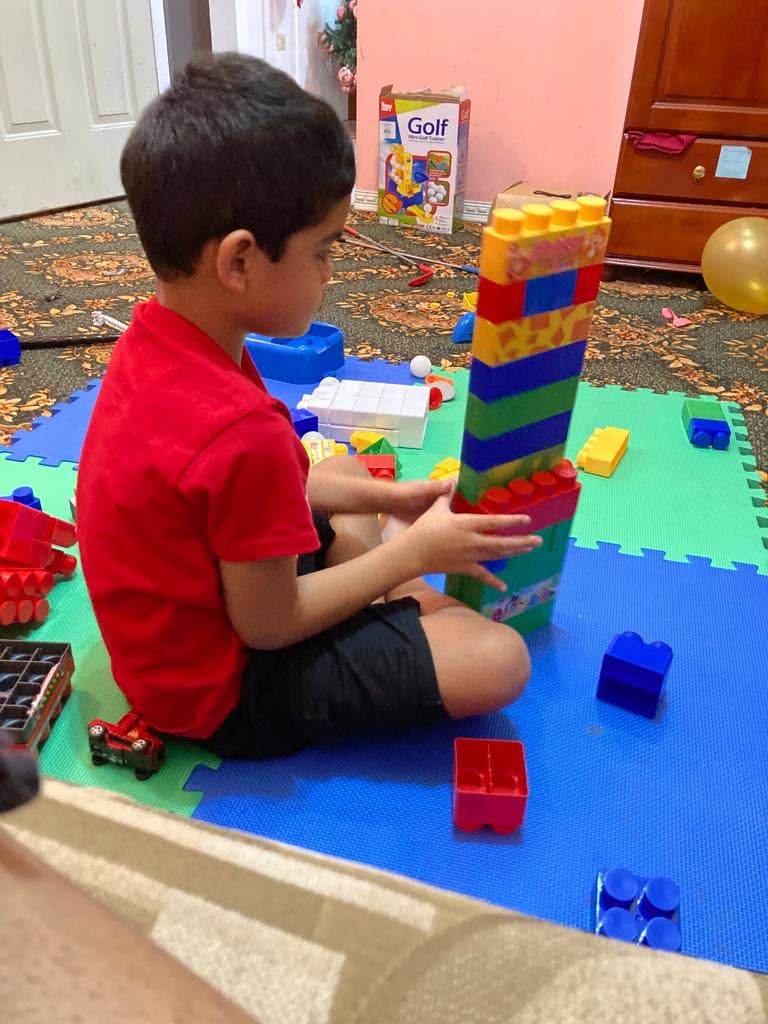Planning for your child’s progress in 2023

DR RADICA MAHASE
When Warren Buffet said, “Someone’s sitting in the shade today because someone planted a tree a long time ago,” he was referring to the benefits that can be gained from planning for the future.
Many parents and caregivers of children with autism and other special needs might look back on 2022 with a sense of pride and accomplishment, as their children went back out to school, started back therapy and were engaged in developmental activities once again.
Then, there are others who felt lost because they could not access opportunities for their children to learn and develop. Whatever happened this year, as parents and caregivers we can always look towards the new year with a sense of hope for our children. As we get ready to welcome 2023, it may help to have a plan so that we can really help our children in the best ways possible.
Set goals for your child – Have a clear idea what you want your child to accomplish in the new year. This has to be completely individualised and based on your child’s level of development. It means that you are not setting goals for your child so that he/she could be like another child, for example, everyone in his class is speaking so therefore in 2023 my child has to learn to speak. Instead, the goal would be specific to your child, for example, “my three year old is only saying five words, in the next month/months he will learn five new words.”
Develop an educational/developmental plan for your child – the ideal situation is to have a team working together to get your child to a stage where he or she can fulfil his/her potential – educators, therapists, aides and so on. The reality though, is that many children with autism and other special needs do not have a team working together, especially those who are not enrolled in any educational institutions and whose parents cannot afford the high cost of therapy. This should not stop you from having a plan for your child.
As parent/caregivers you know your child, you know the level at which your child functions. Start by making a note of your child’s strengths – all the things that he/she is good at. Also consider your child’s interests – that things that your child likes to do, focuses on. Then make a note of the areas where your child needs help and how you can help your child in that area. For example, your child has a limited vocabulary; you can introduce new words by looking at phonic videos, reading more or using flash cards.
Be realistic and practical in what you want your child to achieve – nothing is wrong in wanting your child to be successful in whatever he or she does and in having big plans for your child. However, it is important that what you want for your child and what your child can actually handle are aligned. Thus, consider your child’s level of development when you are making a plan. For example, if your child is hyperactive and cannot sit still for ten minutes, you shouldn’t plan that by the end of the first month in the new year, your child will be sitting for hours at a desk. You can, however, recognise your child’s strengths and challenges and develop realistic steps to help your child get to a level where he/she is comfortable.

Plan one step at a time – parents and caregivers just want to see their children do well. Again, we might have grand ideas and when they don’t materialise, we get discouraged and lose hope and the entire plan falls apart. Thus, it is important to make plans in bite-size amounts – the little things that, when put together, will lead to bigger achievements. For example, you want your hyperactive child to be able to sit for an hour and focus on one task – you can start with sitting for ten minutes and building up focus over a period of time.
Don’t expect your child to go from not being able to settle down and focus to fully focusing on a task. Start where the child is at presently and work towards where you want the child to be in three months, six months, etc.
Have some way to measure your child’s progress – whatever goals you set should be measurable so that you can see the extent to which they are successful or not. Successfully achieving the goals which you have set will serve as encouragement and give you a deeper sense of hope.
If you were unable to accomplish the goals which you have set, you can look back at your plan and see where you failed or what you needed to do to reach your goals. Keeping a written journal is always a good way to record your child’s progress or setbacks as the case may be. It would also come in handy when your child is engaged in whatever developmental programmes (school, therapy, etc).
Always remember to celebrate successes! No matter how little or insignificant they may appear to you, they are big steps for your child. Reward your child’s progress – every little step counts towards bigger achievements. Let you child know that you are proud of him/her, especially on the tougher days when they are struggling. A simple "good job" or "high five" and an extra hug can help to motivate a child.
As we get ready to usher in a new year, let’s make a plan to help our children, despite the lack of resources, regardless of the challenges many of us are faced with. Remember, you are your child’s biggest hope and source of strength. Wishing you a 2023 filled with hope, progress in whatever form and unconditional love between parent and child.
Radica Mahase is the founder/director of Support Autism T&T


Comments
"Planning for your child’s progress in 2023"